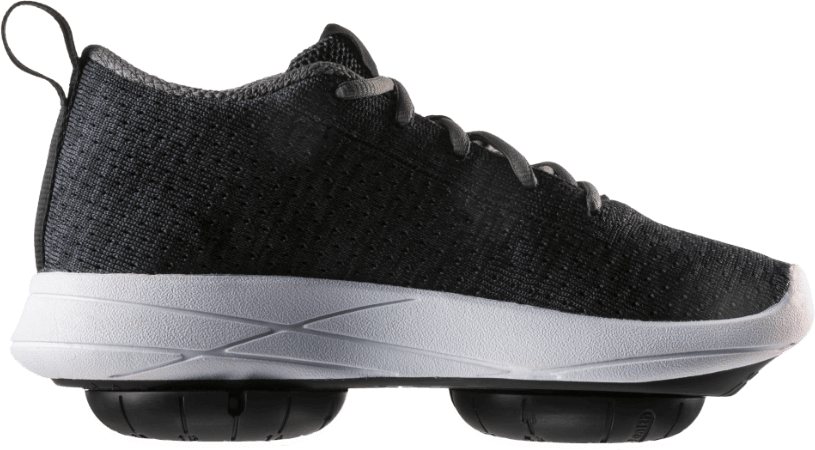A UK-based study aimed to affirm the rate of surgery avoidance over 2 years among candidates for total knee replacement (TKR) who were treated with Apos®.
The study, published in Journal of Orthopaedic Experience and Innovation, is the first on an NHS population demonstrating real-world outcomes within a UK knee pain pathway.
Patients with end-stage knee osteoarthritis were calibrated with a non-invasive shoe-like biomechanical device (Apos®) and used it for short periods of time during daily activity. They returned for visits at specific intervals for assessment and to progress their treatment.
Of the 365 participants, 305 (84%) delayed surgery for at least 2 years. In addition, patients reported a 42% reduction in pain, 39% improvement in functional limitation, and displayed significant gains in gait velocity, step length, and gait symmetry. One of the authors, Christopher Miles, says, “as a physiotherapist, this population [severe knee osteoarthritis] is notoriously difficult to treat, and we often run out of effective options.” He added, “The improvements patients seem to experience from using the biomechanical device provide promise in bridging the gap between conservative treatments and surgery.”
Since the COVID-19 pandemic and the need to postpone a huge number of surgeries, the waiting lists for orthopedic surgery have grown exponentially, with an estimated 750,000 patients waiting in the UK. For knee replacement, the waiting time is substantially longer than other types of orthopedic care, with average waiting times almost doubling during the COVID period. Healthcare systems are trying to address the backlog, but with limited capacity for elective surgery, patients are left untreated, and recovery from the backlog is much slower than required.
The results of this study suggest that the non-invasive biomechanical treatment helps severe knee OA patients delay knee replacement surgery for at least 2 years by reducing knee symptoms and disability and improving daily function. “We are already aware of patients 5 years into treatment and self-managing their condition with the use of the device who had been candidates for surgery. It is exciting to see the long-term effects for patients that would have otherwise had to resort to surgery,” says Ganit Segal, Senior Vice President and Chief Scientific Officer at AposHealth®.
“The treatment could provide a non-surgical option for managing these patients in the community. Using Apos® could assist with elective recovery, reduce the overall cost of care, and improve patient outcomes for some of the 4.5m patients in the UK who suffer from severe osteoarthritis of the knee,” says Sachin Gohil, Chief Commercial Officer for AposHealth. He added, “it’s great to see these positive results in an NHS setting. Not only do they re-affirm results already seen in other independent, real-world studies on similar populations; they enable us to demonstrate the positive impact the treatment could have for patients facing long waits for surgery and the economic benefits to the health system in the UK and worldwide.”
Greene A., Miles C. Surgery avoidance rates among total knee replacement candidates following a non-invasive biomechanical intervention: A retrospective cohort study.
*Ian S. Drew, Marc Hoffing, Charles Lim, David Leece, Matt Suess, and Richard Merkin. Avoidance of Total Knee Replacement in a Population Health Setting: Introducing a Noninvasive Biomechanical Intervention for Patients with Knee Osteoarthritis. Population Health Management. ahead of print http://doi.org/10.1089/pop.2021.0336


